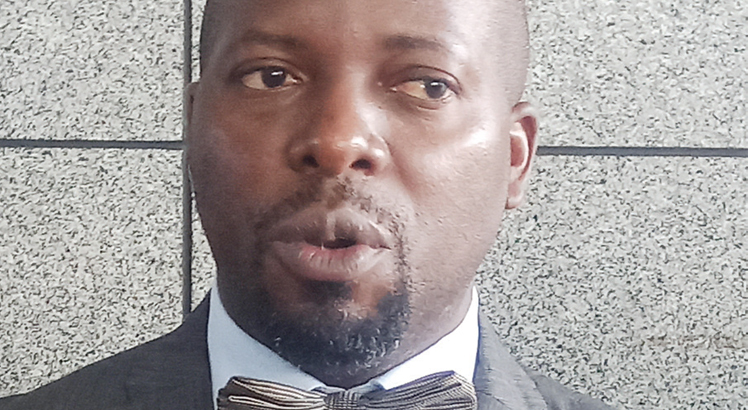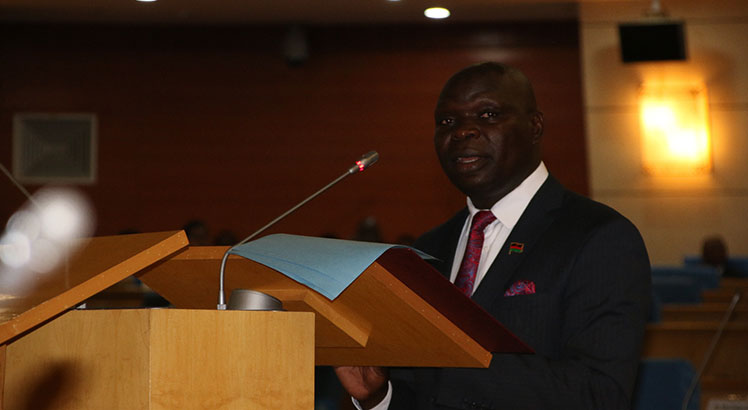Poverty has emerged as a key determinant of whether one is held in prison or not with a majority of those on remand, remaining incarcerated due to failure to raise bail bonds.
Paralegal Advisory Service Institute (Pasi) conducted the prison audit and interviewed inmates at Mzuzu, Maula and Kachere prisons.
At Maula and Kachere, both in Lilongwe, 2 409 prisoners out of a total prison population of 2675 were interviewed while in Mzuzu, 850 prisoners out of the 903 were interviewed.
The report says 80 percent of women and 90 percent of men at Maula and Kachere prisons along with 74 percent of women and 57 percent of men at Mzuzu Prison said they were ‘too poor’ to retain a lawyer to represent them on remand.
Reads the report: “Of remand prisoners granted bail by the court, 16 percent for Maula and Kachere prisons, representing 146 individuals, and 11 percent for Mzuzu Prison, which represents 19 individuals, were unable to meet the condition of paying cash surety.”
The audit further indicates that only four percent at each of the three establishments earned over K500 000 a month before being jailed while 48 percent in Lilongwe and 40 percent in Mzuzu earned less than K50 000 each, showing that many of those in jail were poor.
Inmates at Maula Prison in Lilongwe in this file photograph
Reads the report: “One hundred [100] percent of sentenced young men [under 21 years] claim that no lawyer represented them at court. Further, 52 percent of adult men at Maula and Kachere and 33 percent of adult men at Mzuzu; then 58 percent of young men under 21 at Kachere and Maula and 44 percent at Mzuzu said they did not appeal because they either did not know how, or had no assistance to lodge an appeal.”
At Maula, two of the 18 women charged with homicide said they have a lawyer while in Mzuzu, four of five remandees have a lawyer. On general remand, 91 percent at Maula and 74 percent at Mzuzu said they have no legal representation.
Under Section 15 of the Malawi Criminal Procedure and Evidence Code, the High Court of Malawi is required to exercise supervisory powers over the lower courts by reviewing and confirming custodial sentences imposed by the lower courts in some cases.
However, the audit notes that a high proportion of remand ‘overstayers’ and sentenced prisoners have not been confirmed by the High Court.
The audit has since advised that detainees should not exceed 48 hours in a police station without being produced at court.
Ministry of Homeland Security spokesperson Patrick Botha, while admitting the challenges, said they are banking on the Correctional Services Bill, previously Prisons Bill, to address some of the concerns.
The Bill, which has stalled for 20 years, seeks to introduce a parole system, open prisons and halfway houses, enhance powers to the Chief Commissioner and Chief Justice to take action on decongestion, and refocus the prisons administration approach from punishment to rehabilitation and reform, in line with international human rights norms.
But Centre for Human Rights Education, Advice and Assistance executive director Victor Chagunyuka Mhango described the delays to take the Bill to Parliament as unfortunate.
He said the delay was evidence that people in detention in the country do not enjoy even the most basic of their human rights, which is violation of their right to dignity and freedom from cruel, inhuman and degrading treatment.
Ministry of Justice spokesperson Frank Namangale told our sister newspaper Weekend Nation of November 18 2023 that the Bill is still on government’s priority list of Bills to be tabled during the ongoing meeting of Parliament.
Recently, the Malawi Law Society and Malawi Legal Aid Bureau launched a nationwide pro bono legal services scheme to enhance access to justice by providing lawyers to represent needy Malawians.
Data shows that the population of inmates in the country’s 31 prisons, with a capacity of 5 600, has shot up to about 17 000 from 12 000 in 2020.
The post Prisons for the poor—report appeared first on The Nation Online.
 Moni Malawi
Moni Malawi 

